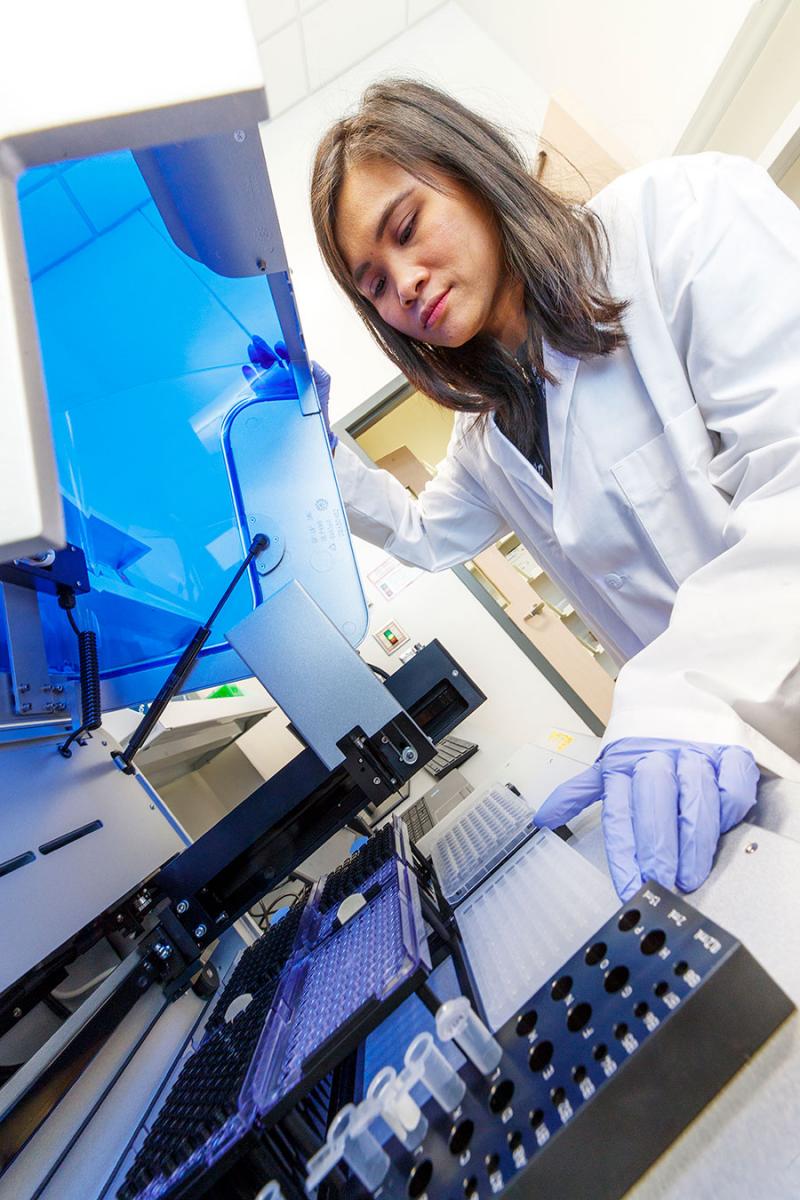The Importance of Veterinary Labs in Comprehensive Pet Care
The Importance of Veterinary Labs in Comprehensive Pet Care
Blog Article
Companion animals are invaluable, and ensuring their well-being takes proactive care. Veterinary laboratories are invaluable resources in identifying health issues for domestic pets.
Throughout this resource, we’ll examine why pet diagnostics are vital and outline essential tests.
How Do Veterinary Laboratories Work?
Veterinary laboratories provide health assessments for examining samples. These labs support animal doctors to tailor care to the pet’s needs.

Their process usually includes:
- Gathering biological samples: Tissue or fluid samples are gathered during visits.
- Sample examination: Specialized tools and methods conduct the tests.
- Analyzing findings: Insights guide care plans for effective health management.
Key Diagnostics for Pet Health
Diagnostic exams are tailored to pet needs to detect illnesses early. Routine diagnostics include:
- Hematology panels: Identify infections.
- Urine testing: Spot urinary tract infections.
- Fecal analysis: Detect worms or parasites.
- Sensitivity screens: Identify irritants.
- Radiographic evaluations: Detect tumors or growths.
laboratorio veterinario conselheiro moreira de barros
laboratório para exames em animais
Why Diagnostic Exams Are Essential
Routine diagnostics is key to keeping pets healthy. By addressing concerns promptly, your pets stay healthier longer.

Why diagnostics matter include:
- Improved health outcomes: Recovery chances improve.
- Cost savings: Emergency costs are avoided.
- Peace of mind: Stay ahead of potential issues.
The Value of Diagnostics for Pet Owners
Veterinary labs help pets live long, healthy lives. Through proactive diagnostics, you protect their well-being.
Talk to your vet about testing today and ensure their happiness and longevity!
Report this page